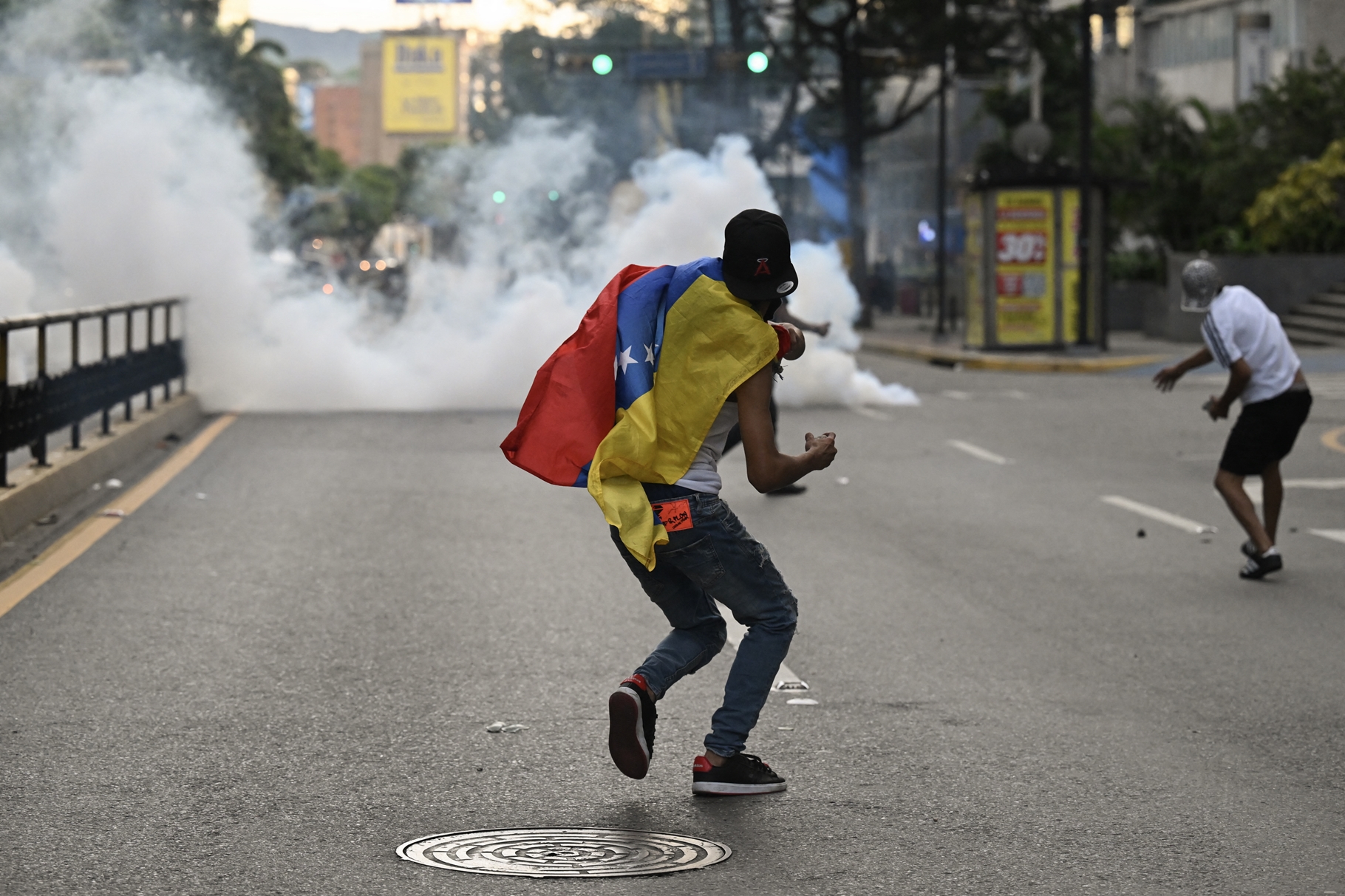The situation in Venezuela contributes to insecurity in the region

The expansion of criminal groups and the presence of governments that are not “under the rule of law, such as Venezuela and Nicaragua,” have Latin America in a “critical moment” due to insecurity, said this Thursday in Ecuador the American Douglas Farah, president of the firm IBI Consultants.
“Latin America is at a critical moment, where there are no governments under the rule of law in many places, in Venezuela, in Nicaragua, and, in many cases (because of) the expansion of criminal groups, which are occupying spaces that belonged to the State,” said Farah, an international consultant on security issues and organized crime, in an interview with Efe.
The specialist, who came to Ecuador to participate in the twenty-fourth Ecuadorian Forum on Financial Inclusion, organized by the Network of Development Financial Institutions (RFD), added that Chile is in a “terrible crisis,” although “not as much as Ecuador,” and that Costa Rica, Uruguay and Brazil are also suffering from these problems.
“This wave of authoritarianism that we are seeing in the region is born from the success of transnational crime in destabilizing and undermining democracies and governments that had a fragile rule of law,” he said.
Fourth wave of drug trafficking
In his keynote address on the impacts of insecurity on financial inclusion, Farah commented on the waves that the drug trafficking phenomenon has caused in the region.
According to his analysis, the first wave includes the era of Pablo Escobar and the Medellín Cartel, with their ability to begin moving drugs en masse to the United States through the Caribbean, while the second wave includes the Cali Cartel, which “instead of confronting the State, as Pablo Escobar did, they buy the State” and change the routes from the Caribbean to Central America and Mexico.
He defines the third wave as “the alliance of Bolivarian states, Venezuela, specifically, Bolivia, Nicaragua with the FARC (Revolutionary Armed Forces of Colombia) and transnational crime groups, that is, instead of fighting them, they make them part of the State,” he said.
The fourth wave, which is currently taking place, is characterised, according to Farah, by the arrival of Italian, Albanian and Turkish transnational mafias. This wave is also characterised by the rise of synthetic drugs, “which has an impact on the whole world and brings many other actors into the world of transnational crime.”
“We are currently seeing this transition from cocaine to synthetic drugs, and from local or regional groups to transnational groups,” he stressed, noting that cocaine consumption in the United States has decreased “by more than 50% in the last seven years,” while that of amphetamines and fentanyl “has increased by more than 300%.”
He pointed out that many groups in El Salvador, Honduras and Ecuador, for example, “previously had a certain structure, where one had to be at least 15 years old to be a hitman. Now they are allowing children as young as 12, 8 years old to be trained to be hitmen.”
Ecuador, center of crime revolution
Regarding Ecuador, he said that the Andean country “is the center of a very important revolution in terms of transnational crime,” since during the government of Rafael Correa (2007-2017) the entry of foreigners was facilitated, which – in his opinion – facilitated the arrival of organized crime, which takes advantage of the dollarized economy and the existence of ports in the country to export drugs.
“The pattern that is occurring in Ecuador, of very strong violence for indefinite periods, is being repeated in Chile, in Costa Rica, it is a terrible phenomenon for the region,” he lamented.
In addition to drug trafficking, Farah believes that the region’s security crisis is fuelled by human and arms trafficking.
For the expert, the US strategies to combat crime in the region “are based on what happened in the 1980s; there has been no rethinking or in-depth analysis of what we are really experiencing.”
He said that alliances should be created between states, “have common regimes between different countries, modify laws and, above all, think about national processes in each country, not party processes (to combat the triggers of insecurity). If not, this will eat us alive.”
Independent journalism needs the support of its readers to continue and ensure that uncomfortable news that they don’t want you to read remains within your reach. Today, with your support, we will continue working hard for censorship-free journalism!
